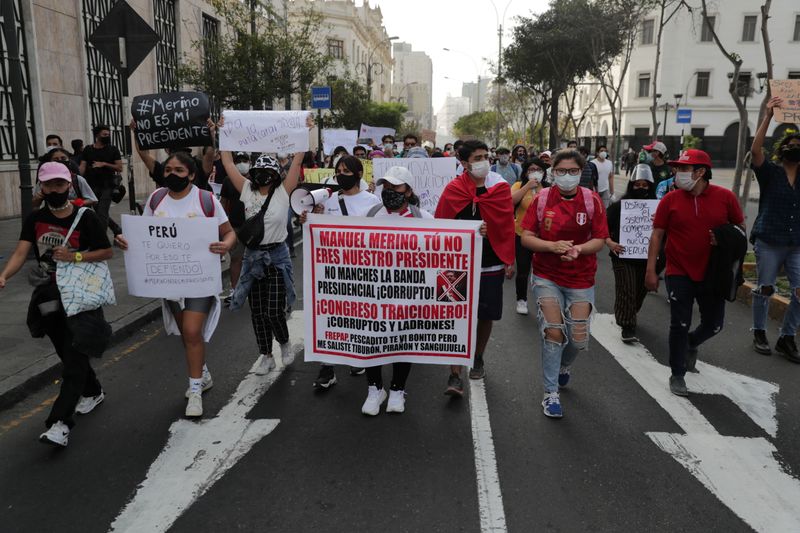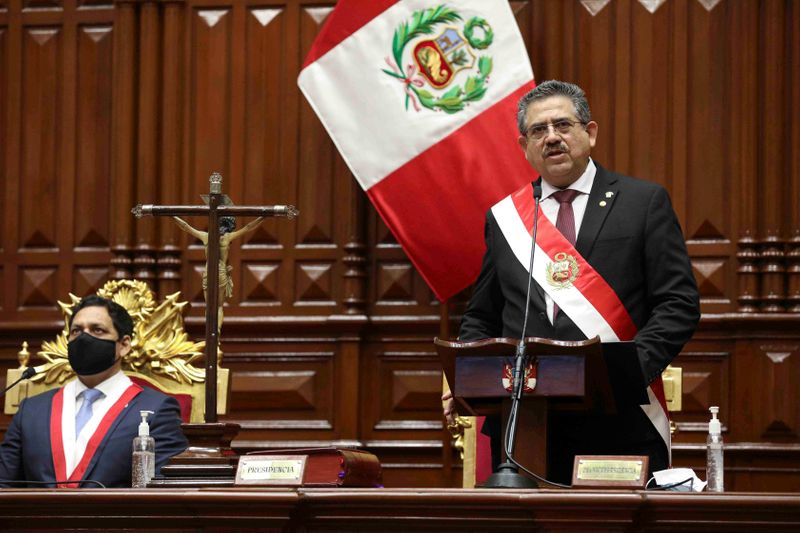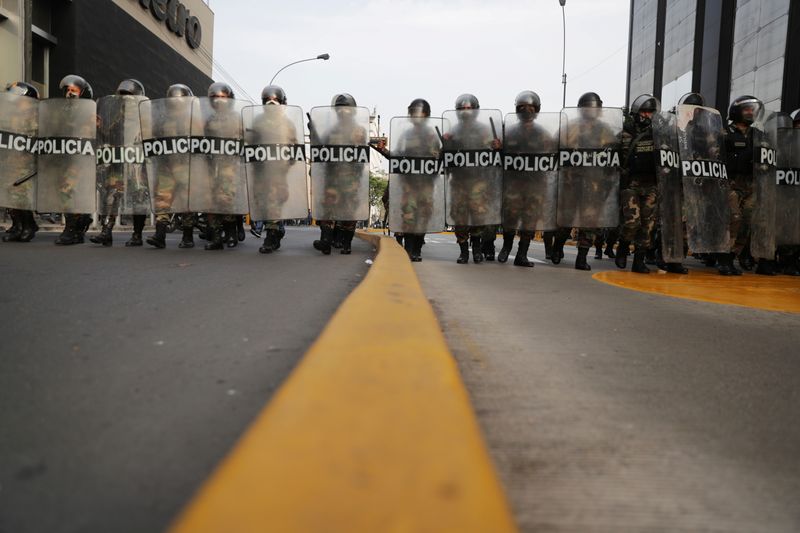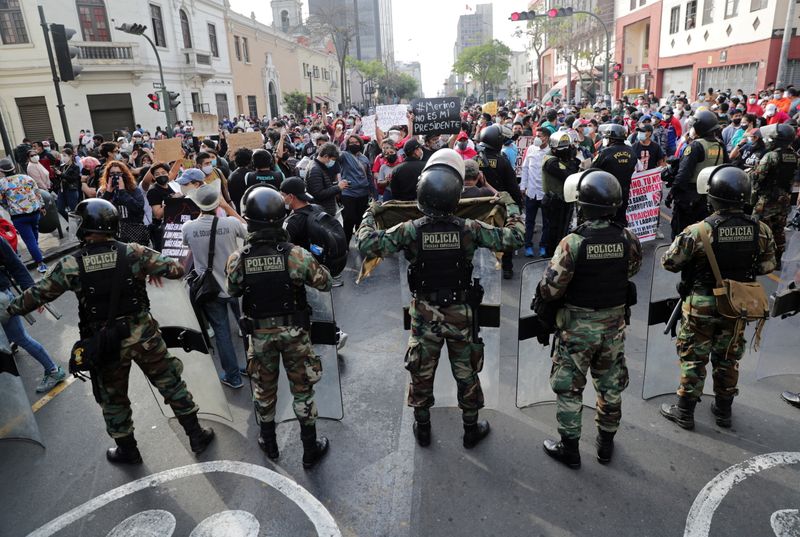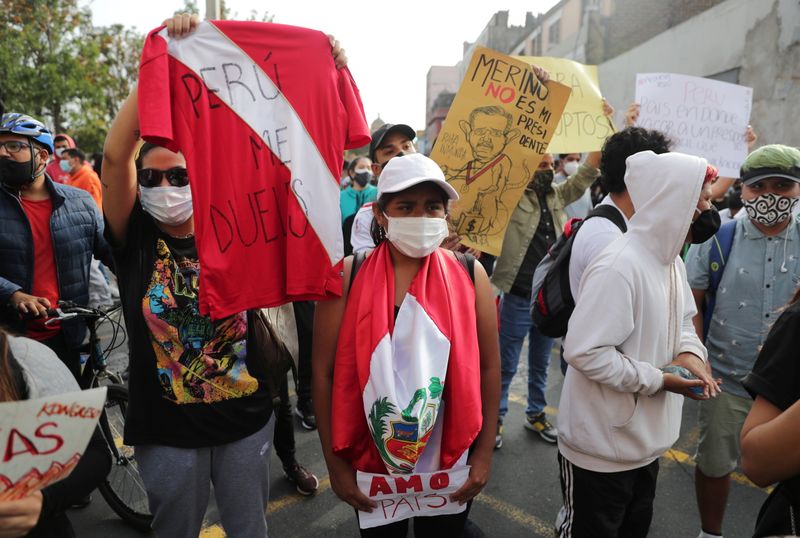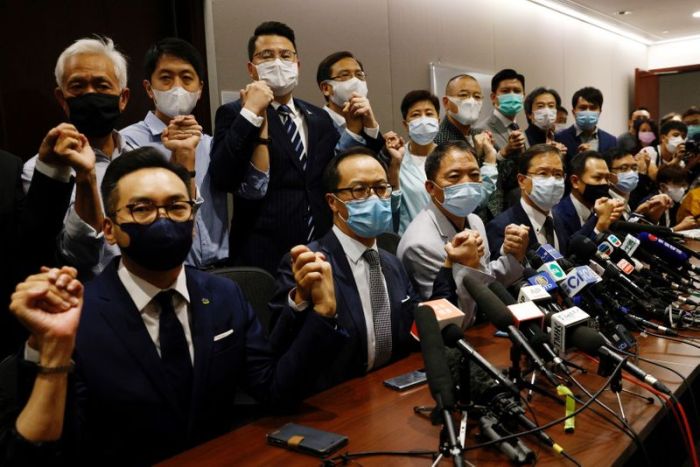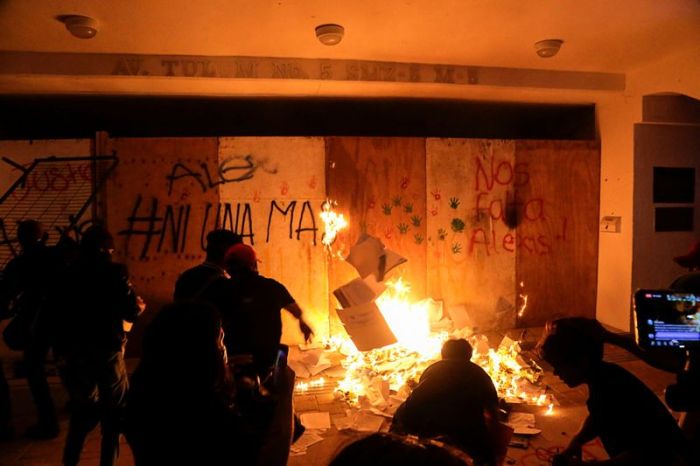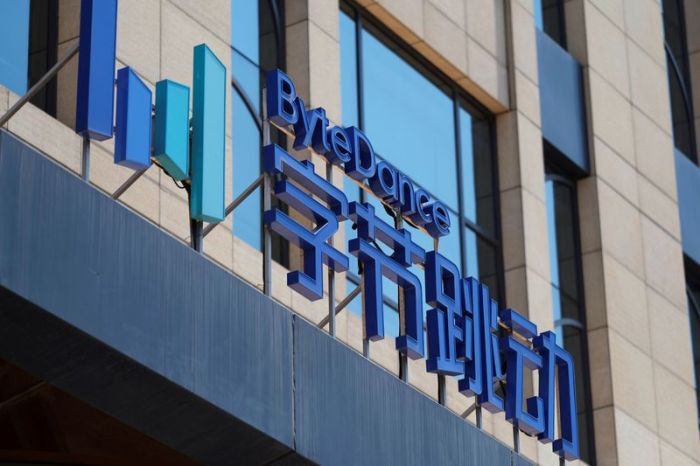LIMA (Reuters) – Peru’s new Cabinet took shape on Wednesday as lawyer and long-time politician Ántero Flores-Aráoz agreed to be the Andean country’s new prime minister and pledged to hold a steady course amid the recent political upheaval.
Flores-Aráoz, a lawyer, longtime legislator and former defense minister, said in a radio interview he had accepted the role after the removal of centrist President Martín Vizcarra on Monday plunged the country into turmoil. Peru is the world’s No. 2 copper producer and was a regional economic outperformer before the pandemic.
Congress head Manuel Merino, who led the charge to impeach Vizcarra twice in recent months, took office on Tuesday, with question marks about how an interim government would steer the country ahead of planned elections in April.
“We have a very strong economic crisis, galloping unemployment, plus the health crisis, it is not the best time to do experiments,” Flores-Aráoz told RPP radio.
Some analysts fear Merino could allow Congress to make a populist swerve as the devastating coronavirus pandemic has the economy headed for its worst contraction in a century.
“These events generate uncertainty, which can erode investor confidence and reduce the capacity to implement reforms,” ratings agency S&P said. It said the often crisis-hit country’s rating was not impacted but added that “An unexpected negative shift in macroeconomic policies that harms Peru’s record of predictable policymaking would be negative for the rating.”
Fitch Ratings in a report on Wednesday cited Peru’s fragmented Congress. It said this meant cabinet instability and the risk of impeachment had become the “new political norm” that could hit plans to reduce the deficit.
“Persistent governability challenges and perceptions of weakening institutions could also weaken the 2021 economic recovery,” Fitch added.
The Organization of American States (OAS) also expressed concern over the “new political crisis in Peru,” urging the country’s Constitutional Court to weigh in.
“It is the responsibility of the Constitutional Court of Peru to rule on the legality and legitimacy of the institutional decisions adopted, as well as on the differences that may exist in the interpretation of the Constitution,” the OAS said in a statement.
Flores-Aráoz said he hopes to carry out an “orderly transition” and pledged transparent elections on April 11.
The ouster of popular Vizcarra, who long battled Congress over his anti-corruption drive, saw hundreds of people take to the streets to protest, with several clashes with the police.
There were no major demonstrations on Wednesday, but new protests have been called for on social media.
Peru, a Latin American growth success story, has experienced constant corruption scandals that have led to three former presidents to pretrial detention and another to commit suicide in the past 20 years.
(Reporting by Marco Aquino; Additional reporting by Rodrigo Campos; Writing by Adam Jourdan and Dave Sherwood, Editing by Alexandra Hudson and David Gregorio)

